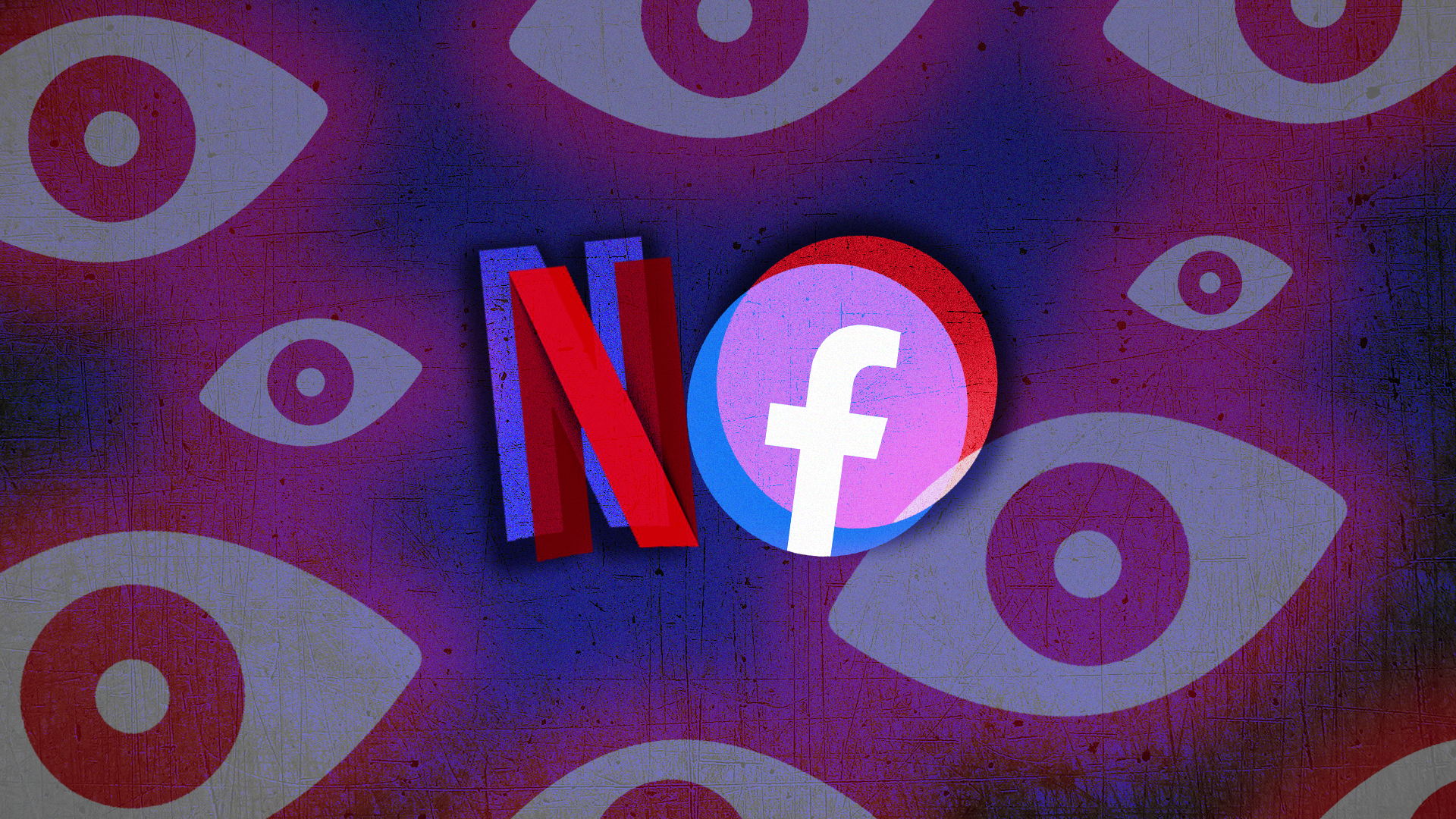In a shady bid to better tailor content for its subscribers, Netflix has allegedly been peering at our private messages on Facebook – get this, for as long as a decade.
Facebook is back in court, again.
The charges levelled at parent company Meta follows a long rap sheet of previous data privacy and anti-trust violations.
On this occasion, however, the social enterprise is one of two defendants. The lawsuit, filed by US citizens Maximilian Klein and Sarah Grabert, alleges that Facebook has been in cahoots with Netflix for over a decade on a shady streamlining operation.
The document states that ‘bespoke access’ to Facebook’s user data was provided to Netflix – alarmingly, including our private messages – so the streaming giant could better tailor content for its own subscribers.
In return, Netflix supposedly provided detailed reports for Meta every fortnight with metrics on how its subscribers interacted with Facebook. The ol’ you scratch my back, I’ll scratch yours scenario.
Lawyers are particularly interested in a chunk of time around June 2011, in which Netflix co-founder Reed Hastings joined his close pal Mark Zuckerberg on the Facebook board of directors.
Within a month of Reed’s inauguration, the two Silicon Valley players had signed off on an ‘inbox API’ (Application Programming Access) partnership. The nature of this alliance, of course, was kept confidential including all extensions to the API.
In laymen’s terms, there is near-infallible evidence to suggest that for upwards of a decade Netflix has had the ability to peer at private messages on Facebook. The lawsuit states in black and white that the API permitted Netflix ‘programmic access to Facebook user’s private message inboxes.’
Naturally, Meta is denying any wrongdoing. The company’s Communications Director Andy Stone recently posted on Twitter (X):




















